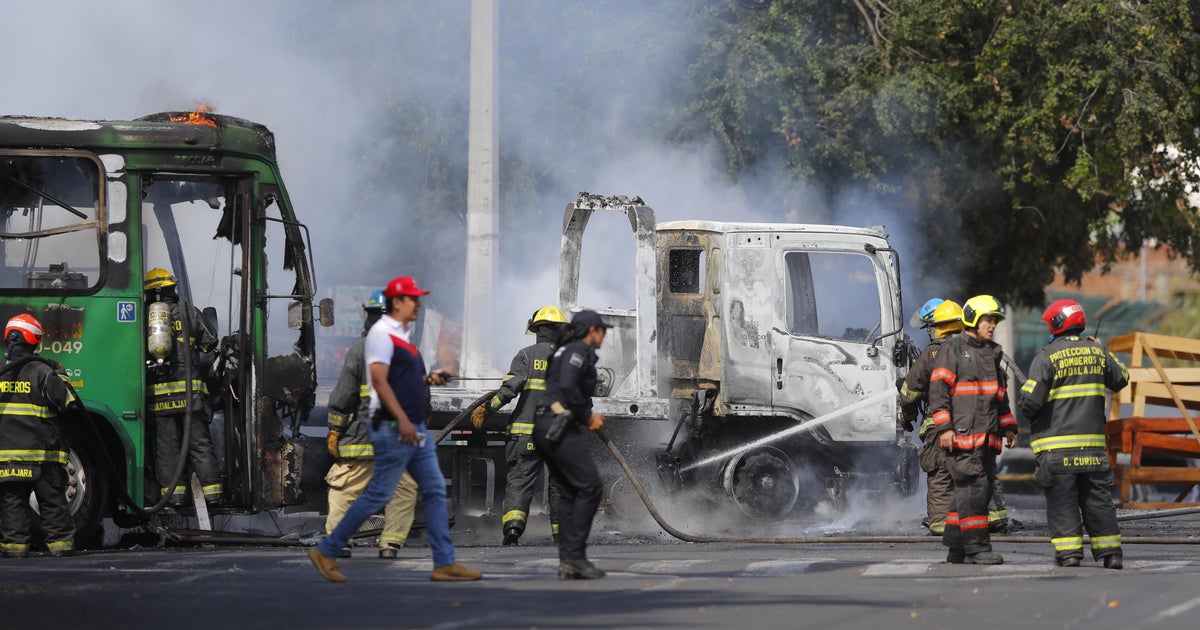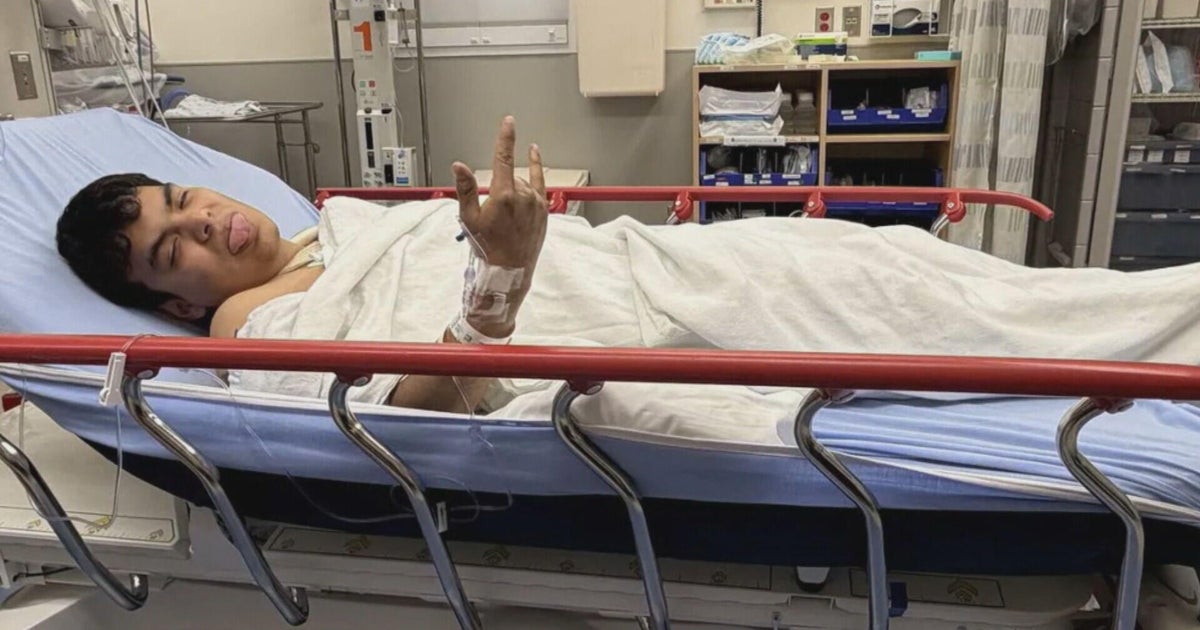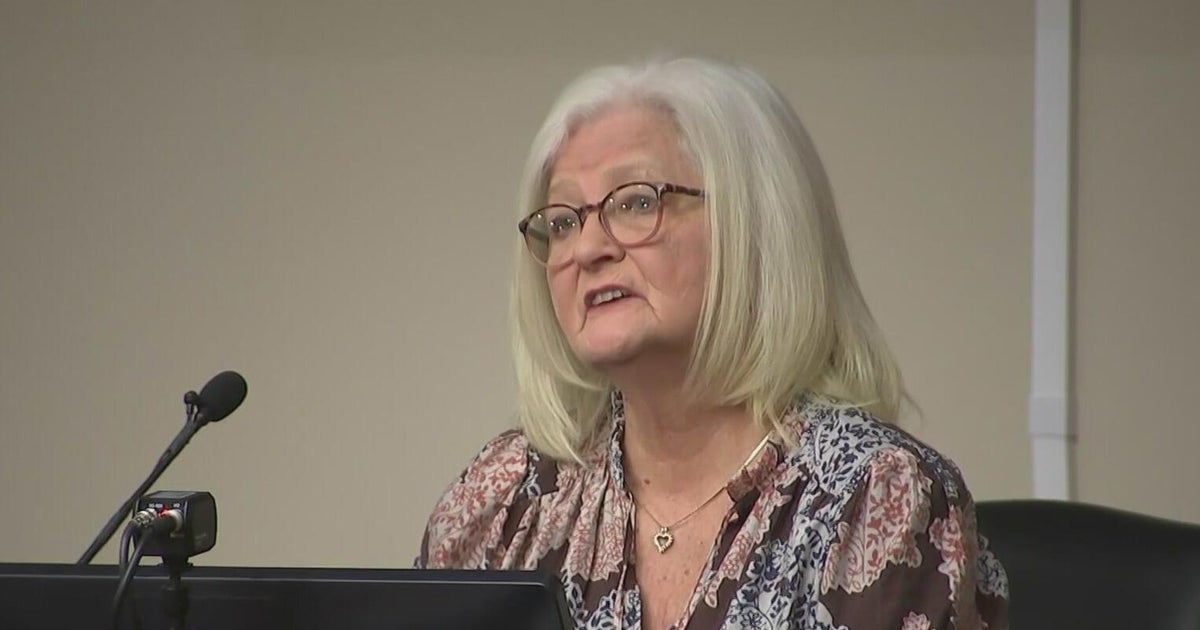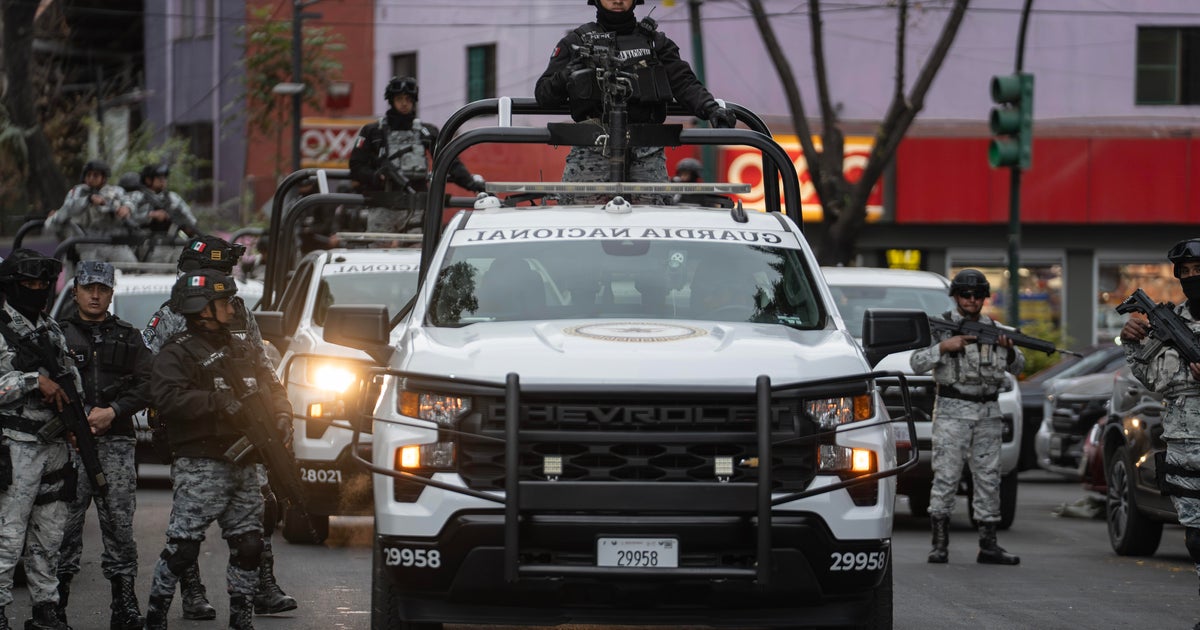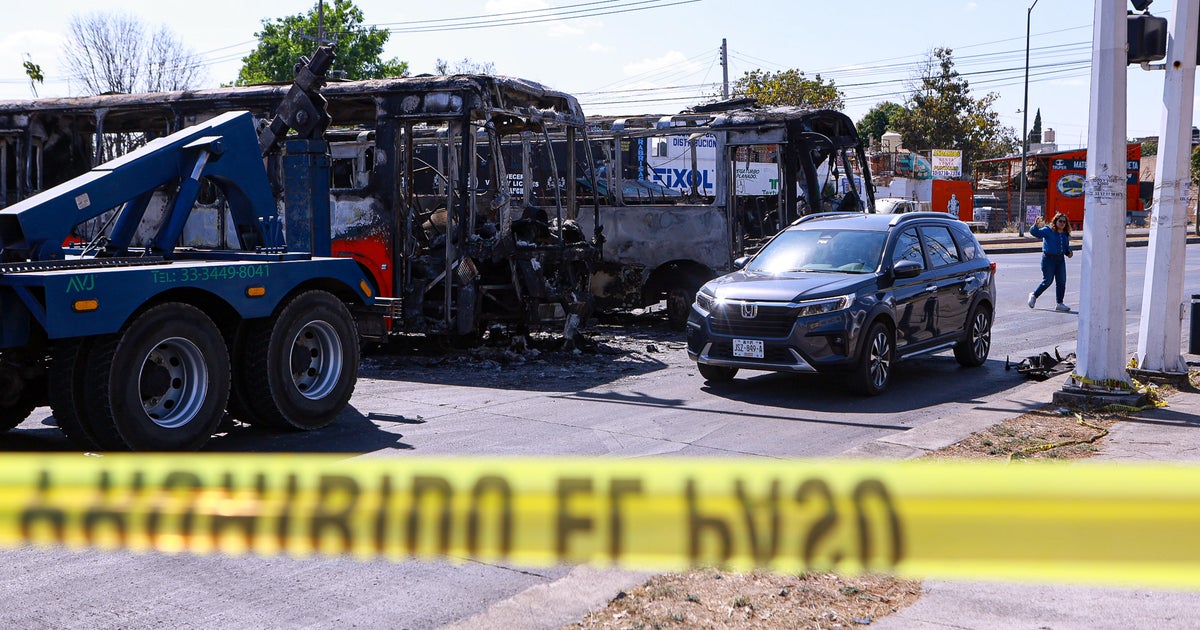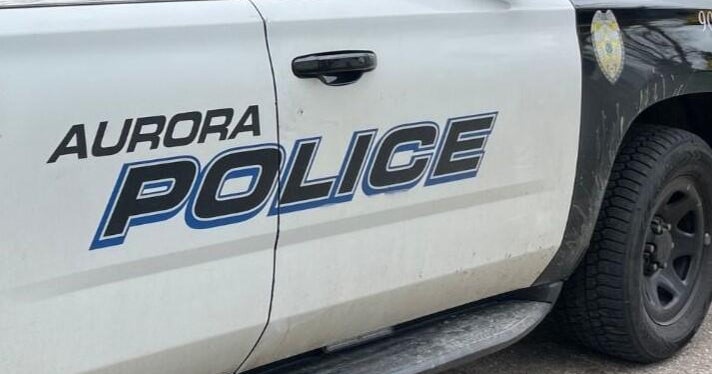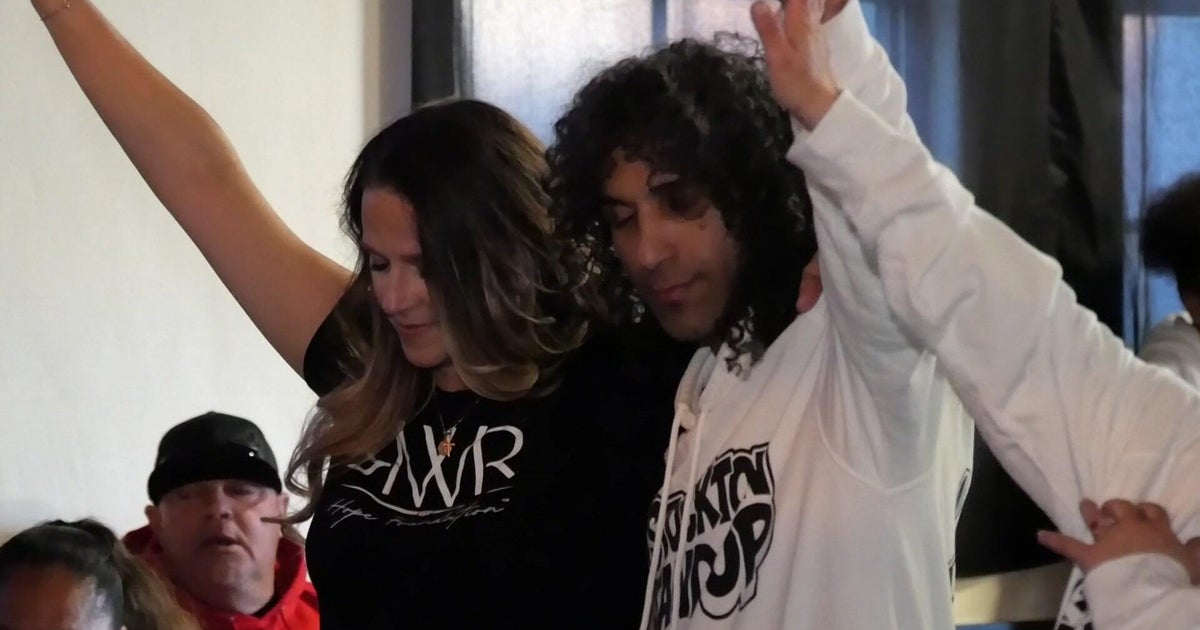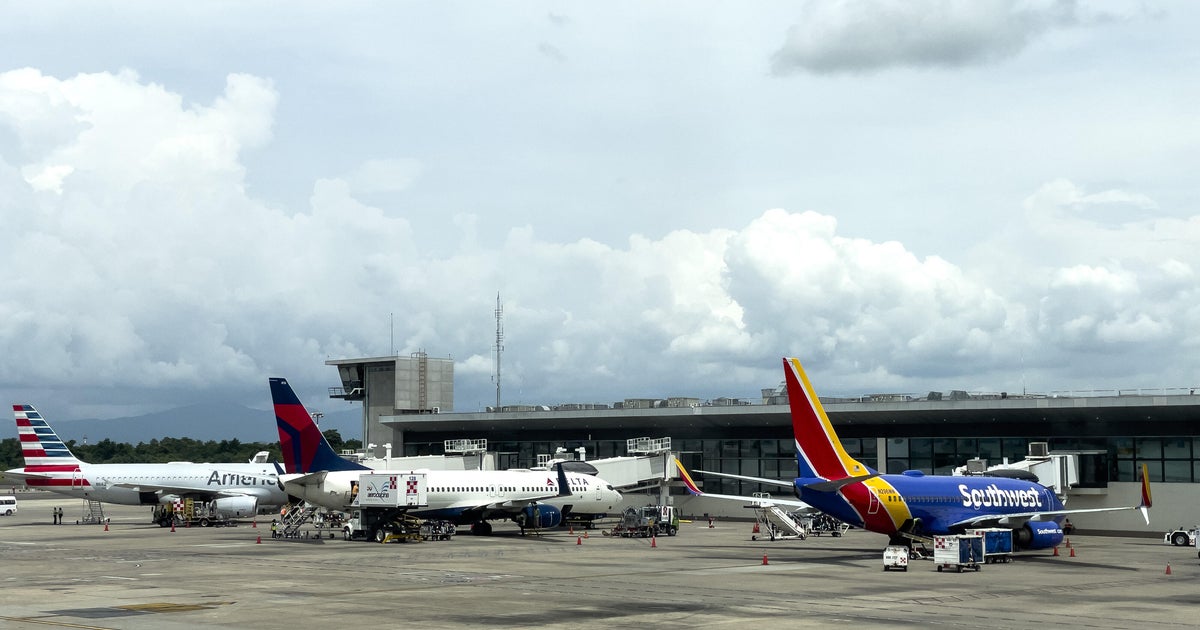Cash Program For At Risk Youth Helping Slow Richmond's Gun Violence
RICHMOND (KPIX 5) - A program aimed at stopping the killings on the streets of Richmond – by offering cash and other tools to build a future – is having success in slowing the bloodshed in a city with a history of gun violence.
Fighting between the north and south side of Richmond is nothing new. It got very bad in 2007, when 45 people were shot and killed.
"It's like you can't go nowhere without getting into it with somebody. Like you see somebody you don't like, and they going to want to fight you or do something to you," says Demylo Nash, who takes part in the Operation Peacemaker Fellowship.
Seven years later, north still hates south and south still hates north but there is one very big difference: Gun violence is down by half.
Back then, Devone Boggan decided to try something no one else had: get to the guys with the guns before they pull the trigger.
"Our daddy's, daddy's, daddy's had a problem with the guy over there," says Boggan. "Of the 45 homicides that year - 200 plus firearm assaults - they believed that 17 people were responsible for 70 percent."
Bogan thought "what if I found those 17 people and worked with them." He started Operation Peacemaker Fellowship to help those most likely to kill and be killed.
Bogan put young men in a program for a year and a half in an effort to change the mindset that gives rise to destructive behavior. The goal was to give the men life planning, job development and mentorship advice that helped them stay out of trouble. The program also comes with a paycheck, anywhere between $300 to $1,000 a month.
"A little bit of help goes a long way," says fellow LaVon Carter.
Carter says it was a path to a more honest way of living. He had spent time in federal prison for pimping.
"I found myself in my situation because I was greedy," said Carter. "I didn't want to go to school and have to work hard for nothing. I wanted everything the easy way."
Carter now has a job as a construction worker. It's not big money, but it gets him from one day to the next, and to him that's success.
To be clear, fewer than half of the men in the program get paid. Those who do get the money from Operation Peacemaker Fellowship are funded by private donors, not taxpayers.
Read More news on Richmond:
